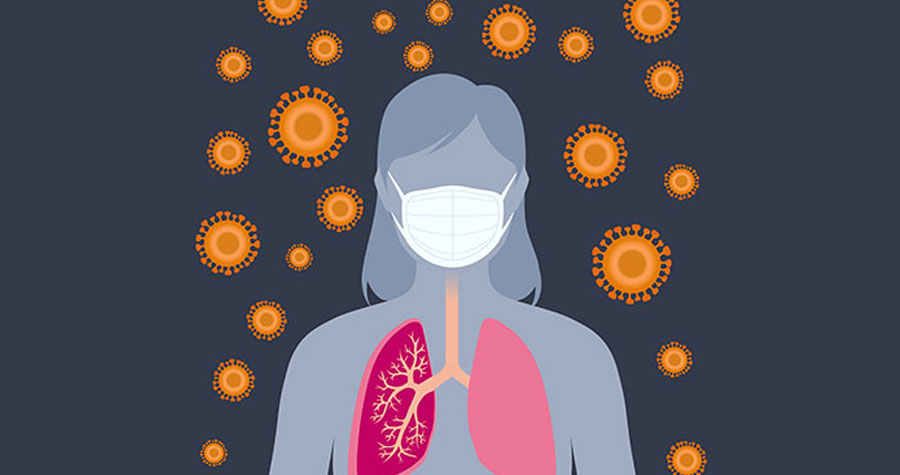Oncological Infections & Complications
Expert management of cancer-related infections and complications by Dr. Rohit Pai

Introduction to Oncological Infections
Cancer treatments can sometimes weaken the immune system, making patients more susceptible to infections. Our specialized approach to managing oncological infections and complications ensures that patients receive prompt, effective care while maintaining their treatment schedule.
Understanding Cancer-Related Infections
Common types of infections in cancer patients include:
- Bacterial Infections – Often affecting the respiratory or urinary tract
- Viral Infections – Including herpes and influenza
- Fungal Infections – Particularly in immunocompromised patients
- Opportunistic Infections – Taking advantage of weakened immunity
Prevention Strategies
Our comprehensive prevention approach includes:
- Regular Health Monitoring
- Vaccination Programs
- Hygiene Protocols
- Nutritional Support
Treatment Approaches
Our treatment strategies include:
- Antibiotic Therapy
- Antiviral Medications
- Antifungal Treatments
- Supportive Care
Benefits of Our Approach
- Reduced risk of treatment-related infections
- Quick response to complications
- Minimized disruption to cancer treatment
- Improved treatment outcomes
Common Myths & Facts About Cancer-Related Infections
Myth: All cancer patients will get infections.
Fact: With proper prevention and care, many infections can be avoided.
Myth: Infections always mean treatment must stop.
Fact: Many infections can be managed while continuing cancer treatment.
Myth: Antibiotics are always the solution.
Fact: Treatment depends on the type of infection and patient's condition.
FAQs About Oncological Infections
1. How can I prevent infections during treatment?
Follow hygiene protocols, maintain good nutrition, and attend regular check-ups.
2. What are the warning signs of infection?
Fever, chills, unusual fatigue, and changes in symptoms should be reported immediately.
3. How are infections treated?
Treatment is tailored to the type of infection and may include antibiotics, antivirals, or antifungals.
4. Can I continue my cancer treatment during an infection?
This depends on the severity of the infection and your overall condition.
